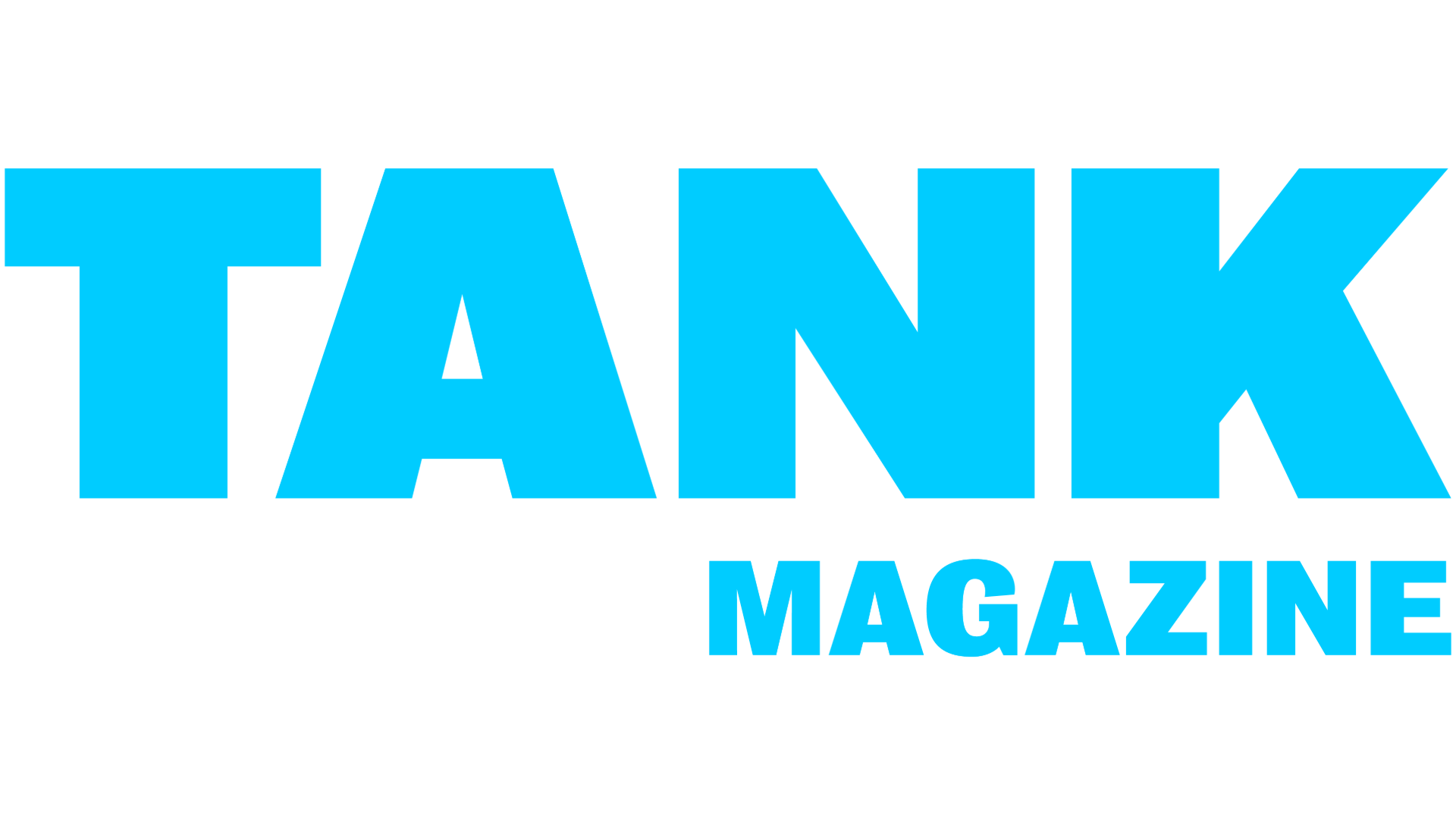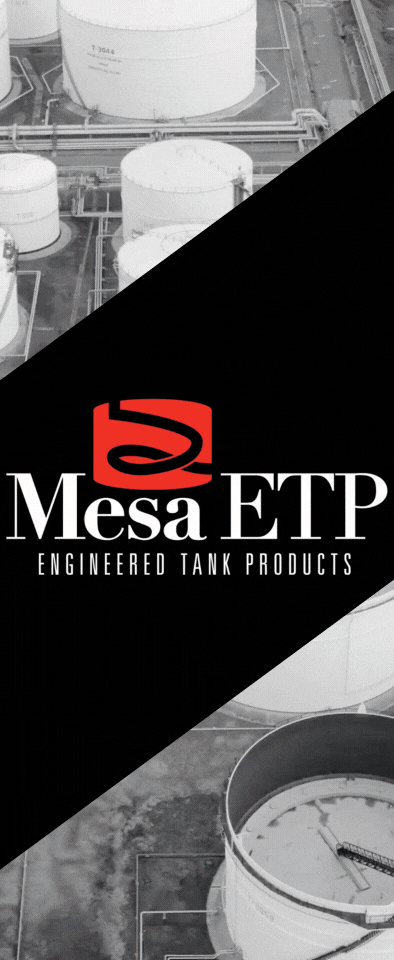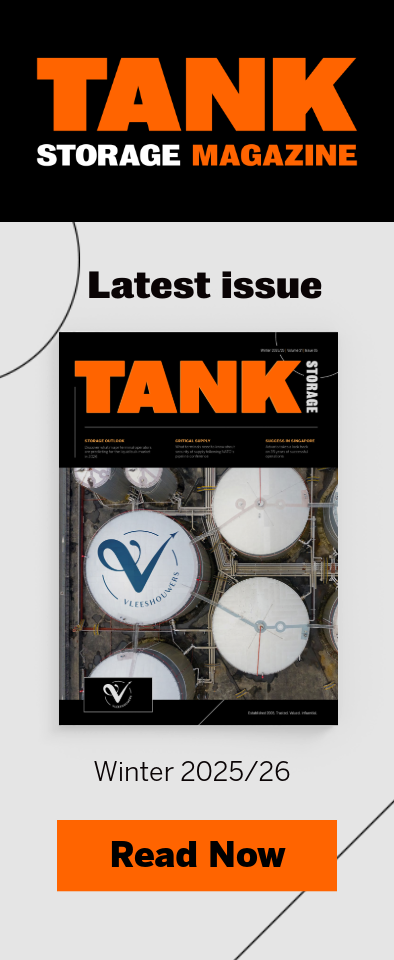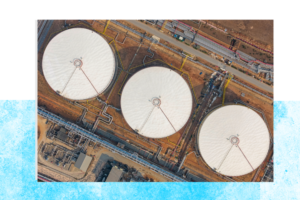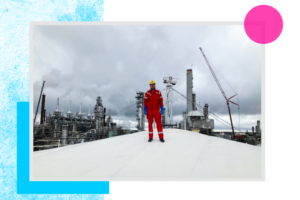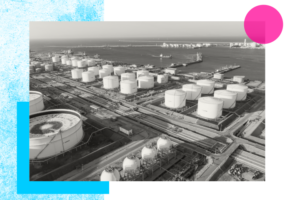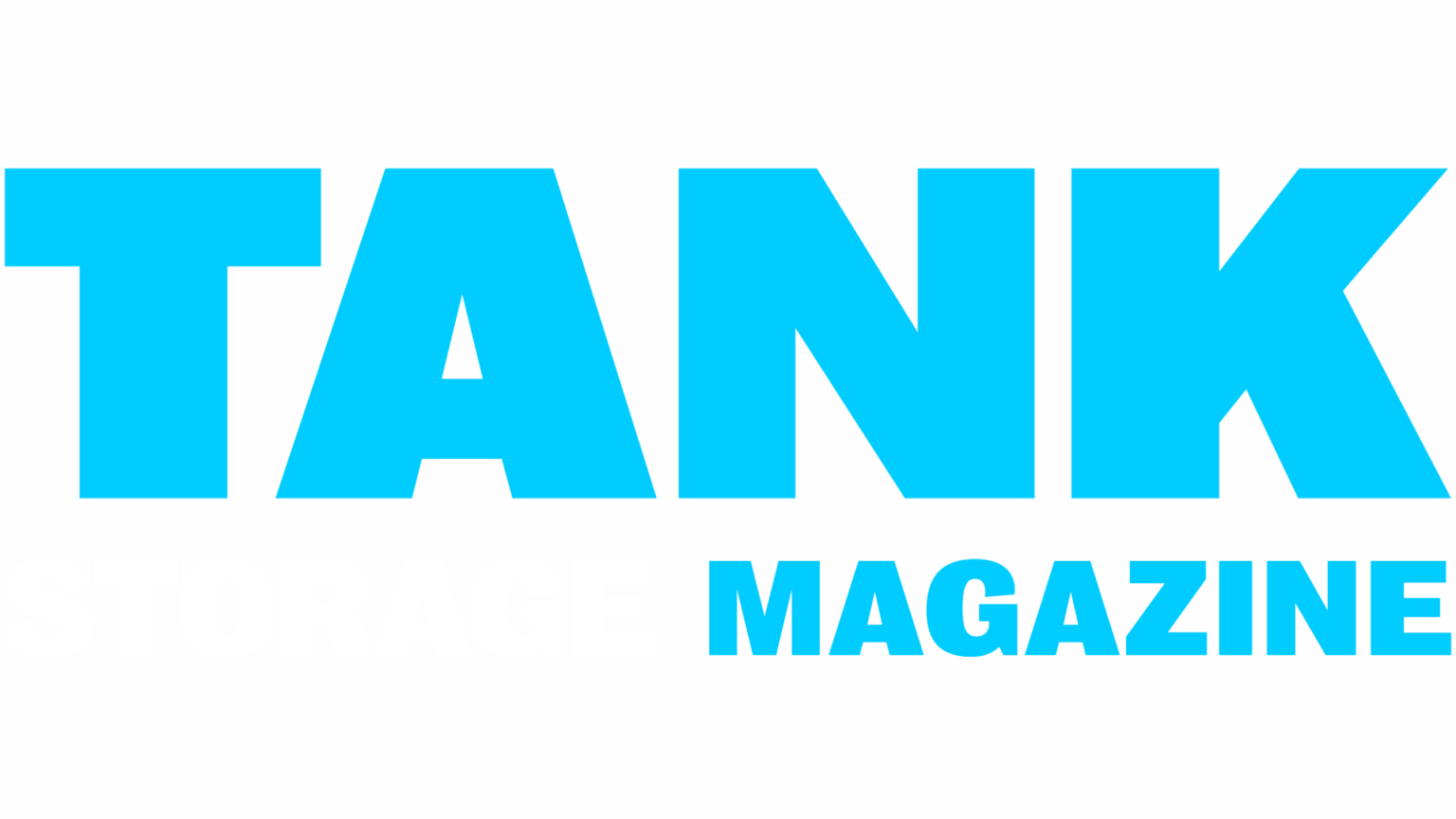Gary Kalmin, CEO at Aquarius Energy tells Tank Storage Magazine about the company’s past year in business and what’s ahead for 2024
2023 was an exceptional year for Aquarius Energy with each of its portfolio businesses contributing to the company’s success. At the same time, the company significantly increased its capabilities to further pursue growth via organic and greenfield development, joint ventures and acquisitions. This is the result of Aquarius Energy’s deliberate strategy to bring its portfolio closer together and recognise the significant commonalities across all assets regardless of products, services or geography.
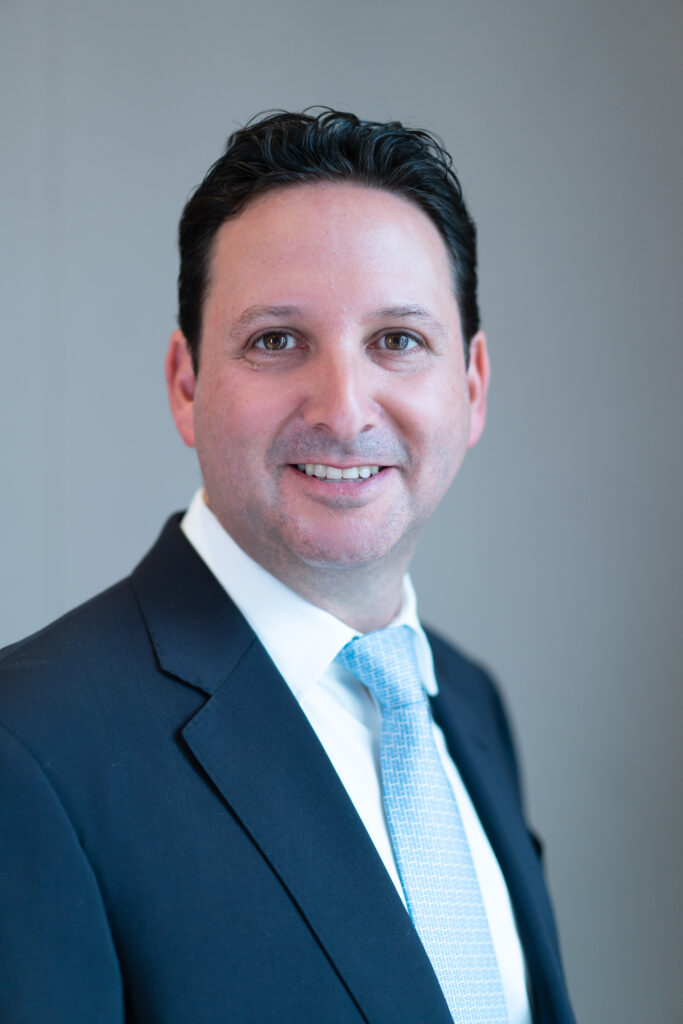
‘The rebrand of the business from HG to Aquarius Energy has been a major milestone. This is not a superficial name change but rather a reflection of the privileged position we have, with two leading industry players in Tristar and Glencore as our shareholders, along with a management team and a supportive customer base committed to taking our group to new heights,’ says Gary Kalmin, CEO at Aquarius Energy. The company’s portfolio consists of wholly-owned and operated businesses, as well as joint venture businesses with their own management teams. This model provides Aquarius Energy with the requisite experience, flexibility and philosophy to be a partner of choice.
Changing Energy And Workforce Landscape
The greatest challenge for the company in 2023 was the continued market volatility impacting product flows and directions. ‘Our portfolio consists of storage and distribution hubs, import terminals for structurally short markets, storage for excess supply, supported from contangos as well as downstream distribution. Naturally this provides some diversification and protection across the portfolio, but each business has faced commercial challenges and opportunities in these uncertain times of supply, demand and geopolitical changes,’ explains Kalmin.
Going forward into 2024, Kalmin is seeing continued positive momentum towards lower carbon energy and mobility which is an opportunity the company is attracted to. Traditional fuels are facing under- investment whilst alternatives are taking more time to be capable of adoption at scale. ‘We have already seen the industry adapting and preparing to satisfy demand for traditional fuels whilst investment and ideas continue to be funnelled towards the necessary solutions being developed as part of the energy transition,’ Kalmin explains.
‘A further emerging challenge for the industry is in relation to the attraction and retention of talent. Few school kids grow up wanting to be in hydrocarbon engineering or logistics and the industry itself has come under significant criticism as well. There are concerns about the pipeline of skilled and motivated talent to best address the problems of today and tomorrow,’ says Kalmin.
Those who are within the industry take pride in knowing that they are part of and supporting the energy transition towards a lower carbon future. As the overall mix of fuels inevitably changes and the industry is rightfully perceived as ‘energy’ vs ‘oil and gas’, Kalmin believes it should prove an attractive and rewarding space for the next generation to engage, learn and to roll up their sleeves to contribute and make a real difference.
Energy Transition Infrastructure
To Kalmin the trends are clear: ‘Western Europe is leading the charge towards alternative fuels with significant repurposing and/or new development to support proven biofuels, as well as emerging scalable solutions across the likes of hydrogen, ammonia and methanol.’ Battery chemistry and infrastructure is also rapidly developing as well as certain markets adoption of lower carbon fuels such as LNG and rightfully re-engaging the debate of nuclear as a proven low carbon source of baseload power. ‘Elsewhere in the world, the pace of change is likely to be slower, with many of the regions in which we operate still developing the basic energy infrastructure that many of us in Europe take for granted,’ he adds.
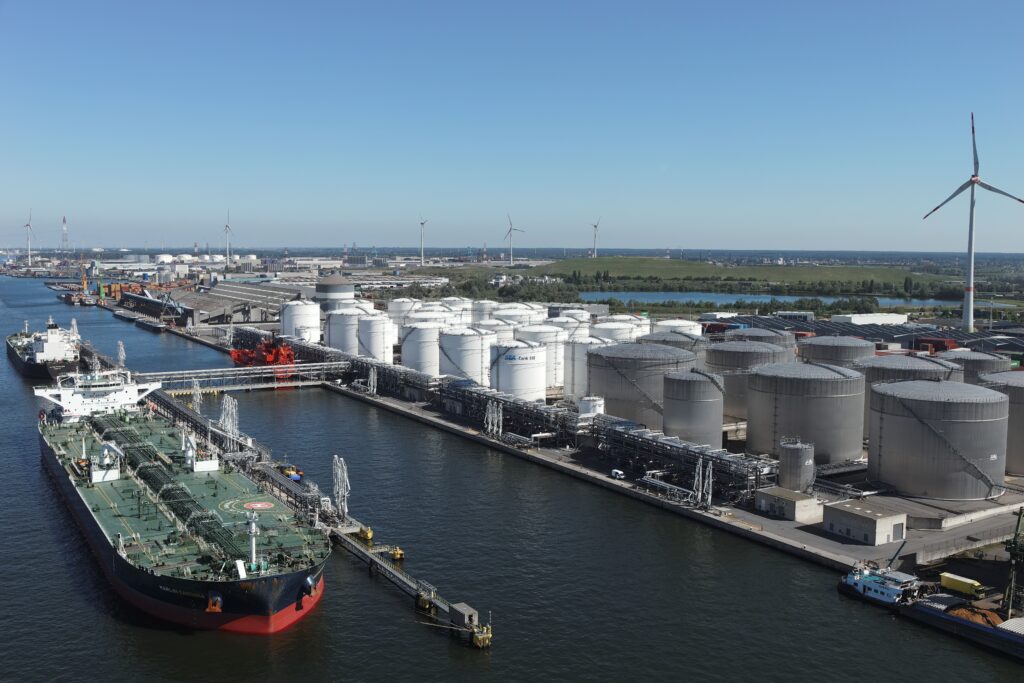
The energy supply chain is complex across upstream, midstream and downstream with required compatibility across multi-modal transport and storage infrastructure which are themselves long life assets with significant investment and lead times. The energy transition is still in its relative infancy as mass adoption, investment, standardisation and acceptance are all moving towards a common functional purpose and goal. Given that Aquarius has a global portfolio across multiple products and services, it is fortunate to have a mix of customers across majors, traders, industrial players and governmental related bodies. ‘Energy security is increasingly a focus, and we are supporting compulsory and strategic stock holdings. For the trading community, their flows are changing in terms of both direction as well as composition, with blend requirements across feedstocks and biofuels and the aviation industry is growing and evolving with SAF mandates. We are collaborating on product and supply chains to support positive tailwinds for the industry,’ explains Kalmin.
An important part of the business is in emerging markets without reliable energy, where energy poverty still exists. Aquarius Energy plays its part in delivering and supplying into such markets via its customers, which is hugely rewarding. This is where the company is able to see the tangible difference it makes to such regions and communities.
Staying The Course
Today, Aquarius Energy has the key ingredients to further develop its business. Its shareholders in Glencore and Tristar provide support across volumes and capital as well as regional and other expertise as needed. ‘Our portfolio assets across the Americas, Europe, Africa and the Middle East deliver longstanding customer relationships and a breadth and depth of experience which few operators could claim to match,’ says Kalmin.
So, the question for Aquarius Energy is what comes next? Kalmin sees real opportunities to grow the existing business. Whilst developed markets provide opportunities for repurposing
and new or substitution flows, emerging markets provide opportunities for growth to further support these regions in terms of both import and export flows. ‘As a strategic player we are always thinking longer term and we are certainly in the right space at the right time to work with our customers to navigate the challenges and importantly to seize the clear opportunities ahead. Our message to the market is that whilst others may be retreating somewhat, we are open for business,’ he explains. As advice to other terminal operators, Kalmin says simply to stay the course.
Aquarius Energy and other terminal operators may be competitors in some limited geographies, but more importantly they are collectively a key part of an incredible system that each day manages to bring energy fuels from production to where they are needed. ‘Most people simply flick a light switch, fill up their cars, take a ferry or a plane without necessarily thinking about how the required energy is actually sourced and delivered. We are at the forefront of working with our customers towards a lower carbon future and still meeting the needs of today,’ says Kalmin. The energy transition is a network effect across upstream, midstream, downstream, regulation and capital flows. By staying the course and each company playing its part, the network will continue to develop and secure the mass adoption required to economically balance the shifting supply and demand.
Awards, Events & Networking
In 2023, Aquarius Energy was recognised at the Global Tank Storage Awards with its CFO, Nicholas Gohl winning Gold in the Outstanding Achievement Award. The judges were impressed with the way Gohl champions terminals in developing markets and understands the broader picture, finding a concrete way to help bring energy to communities beyond just making money. GPS Chemoil (an Aquarius Energy joint venture portfolio company) also received the Safety Excellence Bronze award, in recognition of the team’s excellent response to reinstating safe, reliable and responsible operations on site in Fujairah after once in a generation flooding.
‘The Global Tank Storage Awards play an important role each year in raising inspiring efforts and achievements within our industry to the surface to create awareness and promote positive action and collaboration,’ says Kalmin. At StocExpo, Aquarius is looking forward to engaging with the industry and in particular seeing developments in technology, hardware, software and data which are increasingly providing interesting and practical use cases across safety, efficiency and cost management. ‘With our brand as Aquarius Energy still being relatively new to the industry, we look forward to engaging with those around us, listening, learning and of course telling our story to best attack the plentiful opportunities ahead,’ Kalmin says.
